Lawyers are Trained on International Law and Standards on Economic, Social and Cultural Rights
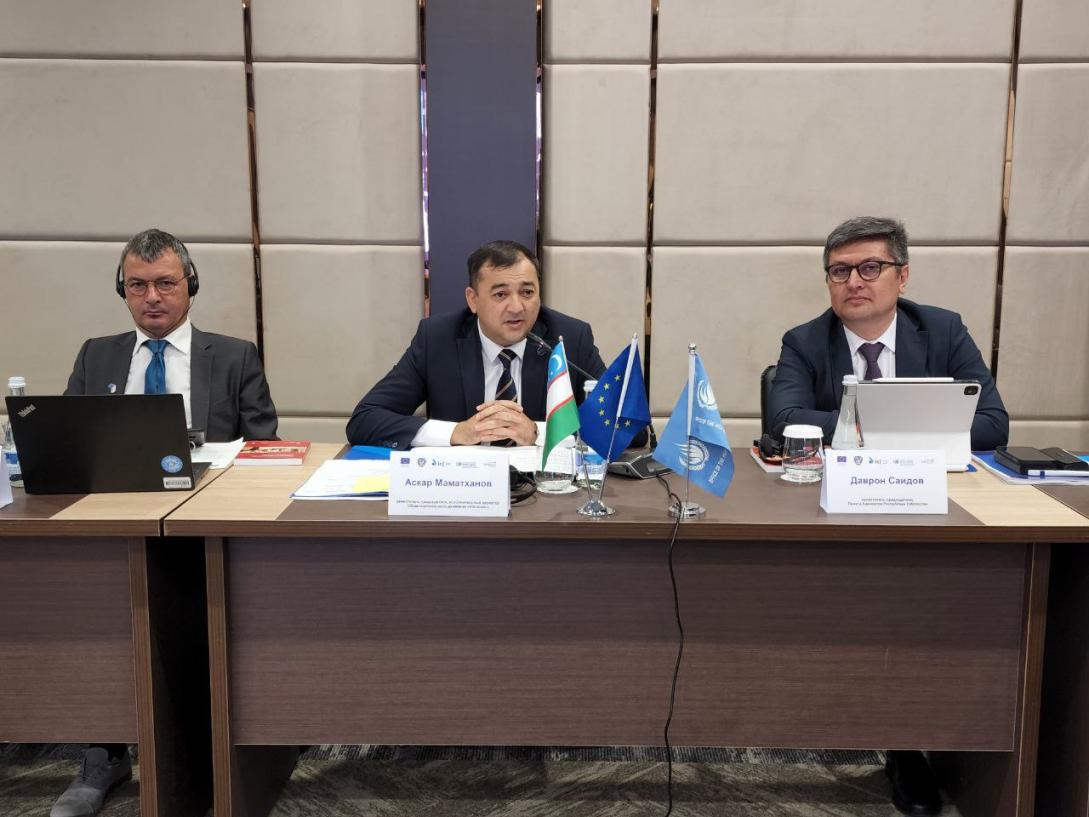
Tashkent, 4 August 2022 - Today, the International Commission of Jurists (ICJ), the Office of the High Commissioner for Human Rights (OHCHR) Regional Office for Central Asia (ROCA) in cooperation with the Chamber of Lawyers of the Republic of Uzbekistan (CLRU) are organizing a two-day training workshop on international law and standards on economic, social and cultural rights for lawyers. The event is organised in the framework of “Enhancing the Quality of Uzbekistan’s Application of International Law (EQUAL)” project funded by the European Union.
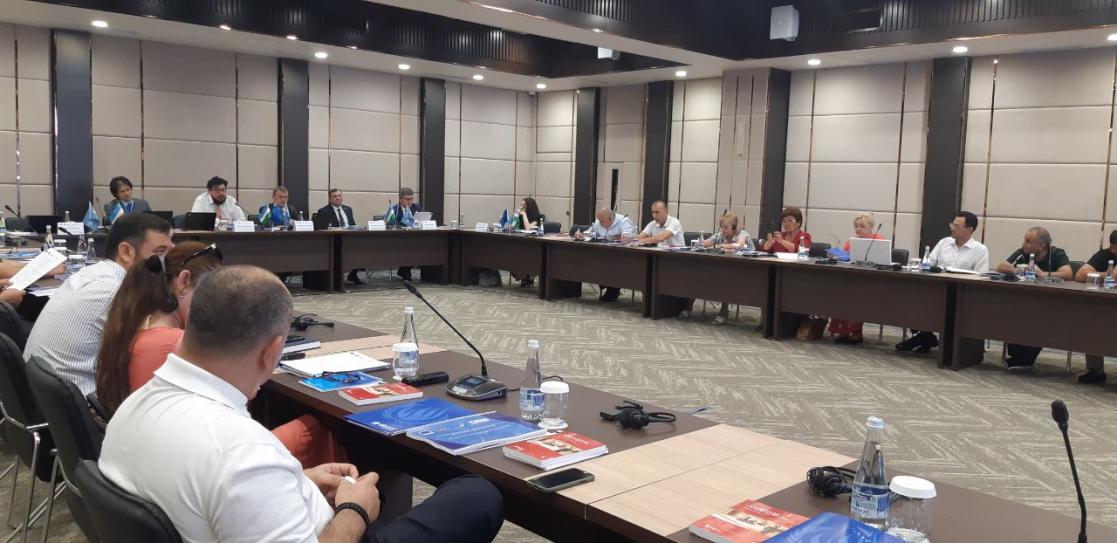
The two-day training is aimed at raising awareness of lawyers on some of the key aspects of international human rights law: the right to work and workplace rights, the right to adequate housing; the right to health; the rights of persons with disabilities. The training will be conducted by the experts of the ICJ, the OHCHR, the International Labour Organization (ILO), World Health Organization (WHO). Each lecture will be followed by a discussion giving the participants an opportunity to engage with practitioners in the area of international human rights law.
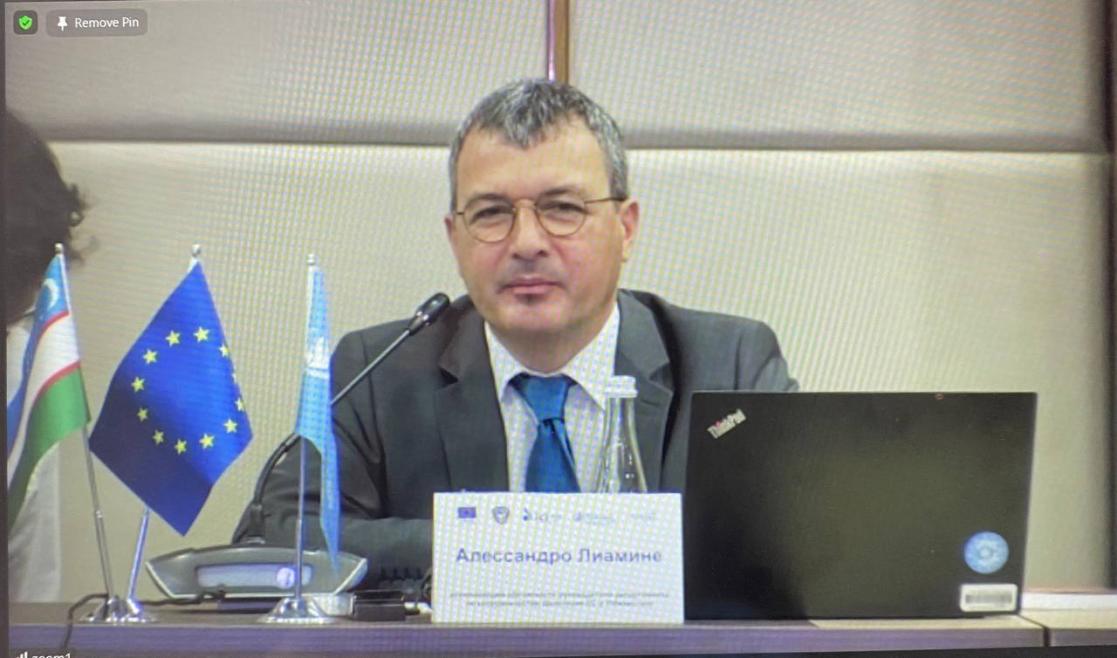
Mr Alessandro Liamine, Acting Head of Cooperation of the EU Delegation to Uzbekistan marked: “The European Union in Uzbekistan provides financial support for organisation of this event which gives an opportunity to raise awareness about aspects of economic, social and cultural rights among lawyers. Within the framework of the EQUAL project, such events have been held with judges. And today is the first such event organised with the Bar Association, which demonstrates the interest of Uzbekistan lawyers in human rights and their economic, social and cultural dimensions. We hope that new skills and knowledge will result in a greater protection and enjoyment of human rights by those groups of people who would need immediate legal support in Uzbekistan”.
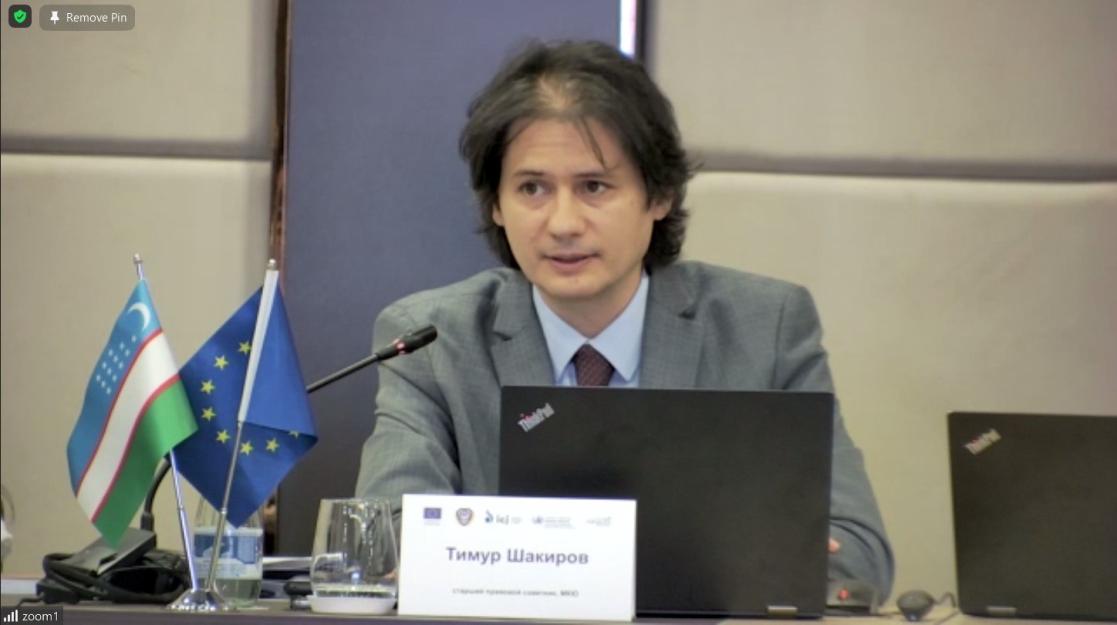
Temur Shakirov, Senior Legal Adviser of the ICJ Europe and Central Asia Programme, underlined: “As a party to key international human rights treaties, Uzbekistan has international obligations to put human rights at the centre of the functioning of the State and its bodies. In this process, the specific knowledge of human rights, including international obligations in the field of economic, social and cultural rights, are essential. A special role in this regard is played by lawyers who assist those who seek protection or restoring their rights when they are allegedly violated. For this reason, today's training should be of benefit for lawyers as it will equip them with the knowledge and skills they can apply in seeking protection of economic, social or cultural rights of persons”.

Davron Saidov, deputy chairman of the Chamber of Advocates of the Republic of Uzbekistan said that “Our country has long acceded to a range of international legal treaties aimed at protecting human rights and freedoms, including the International Covenant on Economic, Social and Cultural Rights. The provisions of these international instruments were for a long time perceived as somewhat detached from the domestic legal system and were rarely invoked by legal practitioners. However, with the adoption of the Law of the Republic of Uzbekistan "On International Treaties of the Republic of Uzbekistan", which entered into force on 07.02.2019, this situation should have changed, as the new Law established that the international treaties of the Republic of Uzbekistan, along with the generally recognised principles and norms of international law, are an integral part of Uzbekistan's legal system. All legal practitioners, and especially judges and lawyers, must now make an effort to study the norms of international law and to apply them in practice”.

In his welcoming speech Askar Mamatkhanov, Executive director of the Nationwide Movement “Yuksalish” underlined that, “Turning the principles of justice and the rule of law into a fundamental and necessary condition for the country's development has been identified as one of the important areas of the New Uzbekistan Development Strategy for 2022-2026. It sets out such objectives as strengthening guarantees for the inviolability and protection of property rights, limiting illegal interference by State bodies in property relations, improving access to justice for citizens and businesses, introducing effective mechanisms for the enforcement of judicial acts and acts of other bodies, gradually digitalizing the judicial system, creating modern mechanisms for a system of professional development for lawyers and other important goals aimed at improving this area. The UN Committee's recommendations also set out the objectives of introducing educational programmes for judges, lawyers, prosecutors to raise awareness of the International Covenant on Economic, Social and Cultural Rights (CESCR). Therefore, I believe that this training, which allows us to learn from international experience, will be relevant and very useful for the participants”.
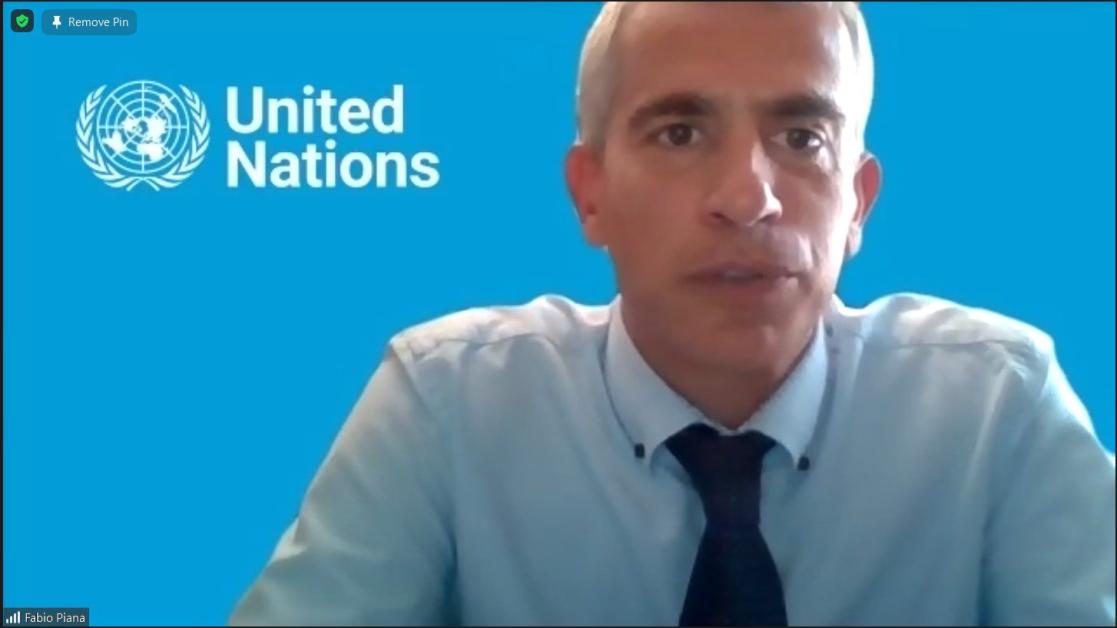
Fabio Piana, Deputy Regional Representative at OHCHR ROCA, quoting the UN Secretary General’s ‘Call to Actions’ said that “Upholding all rights of all people is in the interests of everyone. It would be a mistake to diminish economic, social, and cultural rights, as is often done, but it would be equally misguided to think that those rights are sufficient to answer people’s yearning for freedom”.
The event is organised within the framework of the Project “Enhancing the Quality of Uzbekistan's Application of international Law (EQUAL)” funded by the European Union and implemented by the ICJ. The main objective of the EQUAL project is to promote, by supporting civil society, equal protection of ESC rights for groups particularly vulnerable to discrimination in Uzbekistan.
-------------------------
Background
This is the third training workshop conducted within the framework of the EQUAL project funded by the European Union. The trainings aim to build capacity of judges and lawyers to apply international law on economic, social and cultural (ESC) rights. These trainings follow another training series conducted within the ACCESS (Advancing Civil Society in Promoting ESC Rights Standards) project implemented by the ICJ under the support of the EU Delegation in Uzbekistan between 2017 and 2021.




